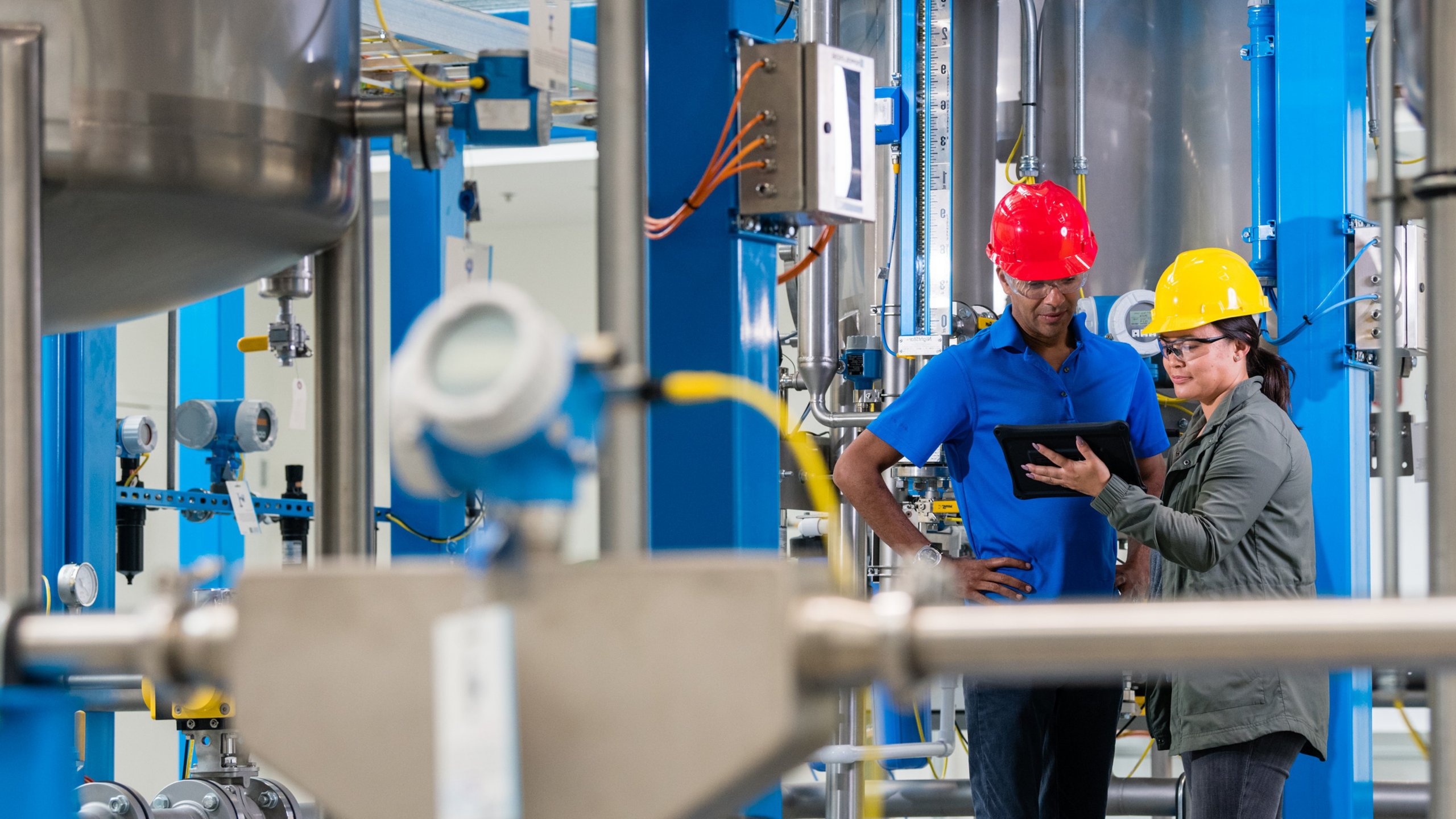1. Tell the readers what it is that you do?
I am the country manager for Singapore, Malaysia and Brunei at Rockwell Automation. My team and I primarily work with manufacturers in industries such as life sciences, semiconductors, and oil and gas, helping them to be more productive and more sustainable.
My responsibilities also include enhancing the team’s capabilities to accelerate our growth in the region, capitalizing on the increasing demand for smart manufacturing solutions.
2. What are the opportunities for growth for the company?
I am based in Singapore, where the country’s strategic location and advanced infrastructure make it a hub for automation and Industry 4.0 technologies. Leading in robotics, predictive analytics, and now artificial intelligence (AI), the nation is spearheading technological advancements.
The adoption of advanced manufacturing technologies, such as automation, IoT, and the latest industrial revolution, are reshaping the manufacturing landscape in Singapore and improving efficiency.
According to our State of Smart Manufacturing Report, close to half (44%) of APAC manufacturers plan to adopt smart manufacturing within the next year; out of this, China (80%), Australia (60%) and India (59%) are already using some components of smart manufacturing.
We are also seeing interest right across the region from companies looking to improve the sustainability of their manufacturing operations or exploring their suitability for World Economic Forum ‘Lighthouse’ status.
3. How is Rockwell Automation integrating AI into its product range?
At Rockwell Automation, our solutions such as AI-powered systems can optimize manufacturing processes by adjusting parameters in real-time to maximize efficiency and product quality.
One of our solutions in the Life Sciences industry, FactoryTalk® PharmaSuite®, tailors its optimization strategies according to different stages of a process and ensures users achieve results efficiently.
With its flexible design and smart upgrade mechanism, it offers a strong framework for expanding capabilities in both continuous and separate data processing tasks.
The deployment of this solution could boost cost efficiency in production and inventory while reducing the risks of human error. This is particularly valuable in industries with complex and variable processes.
Rockwell also has machine learning algorithms that can be used to analyze data from sensors and cameras to detect defects and anomalies in manufacturing processes, ensuring consistent product quality and reducing waste.
4. How are you currently finding business conditions?
With growing adoption of artificial intelligence (AI) and a strong manufacturing base, Southeast Asia is well-positioned to stay ahead in smart manufacturing for the rest of the decade.
Singapore, for instance, presents a favorable business environment with minimal entry barriers, making it easier to conduct business.
Supply chain challenges, especially with semiconductor chips, have stabilized but continue to be a consideration for manufacturers. However, the overall supply chain diversion has positively impacted areas like Penang and Johor in Malaysia.
Thriving regional areas, such as the Johor industrial zone, are witnessing increased investment and construction activities.
5. Countries you are focusing on – is there a lot of growth in manufacturing in Malaysia?
Malaysia is one of my focus areas. Malaysia can achieve a shift towards higher-value manufacturing in both the public and private sectors.
With many companies diversifying their manufacturing footprints to build resiliency into their supply chains there is a golden opportunity for Malaysia. Moreover, the government announced the New Industrial Master Plan (NIMP) 2030, which was unveiled on 1 September 2023. NIMP 2030 aims to promote the country’s economic growth, especially in the manufacturing sector, where the value-added by the manufacturing sector to gross domestic product (GDP) is expected to increase to RM587.5 billion (USD 125.15 billion) by 2030.
6. What is your definition of success?
Success, to me, is the consolidation of impactful legacies, dedicated talent development, and the understanding that people connect with individuals, not just corporations. In essence, success is a holistic concept to me—measured not only by profits but by the enduring positive influence on people, culture, and ethical standards.
7. Biggest influence?
My husband is my biggest influence. His constant support and encouragement drive me to excel and achieve new milestones. His belief in my abilities motivates me, fostering a supportive environment that sparks both personal and professional growth.
8. Favorite quote?
“Hard work always pays off” is my favorite quote, that I also often tell my team. It reminds me that dedication and persistence always lead to success.
9. Recommend a book to read that is inspiring?
I recommend “Stillness is The Key” by Ryan Holiday. It is a great take by the author on how slowing down is fundamental to charge ahead. Ryan Holding is such a great writer, that I am now reading another one of his works – “Discipline Is Destiny: The Power of Self-Control”.
This book delves into the transformative impact of self-discipline, offering insights that empower individuals to shape their own destinies through the power of focused and intentional self-control.
Originally published in Asia Manufacturing News
Published February 16, 2024


